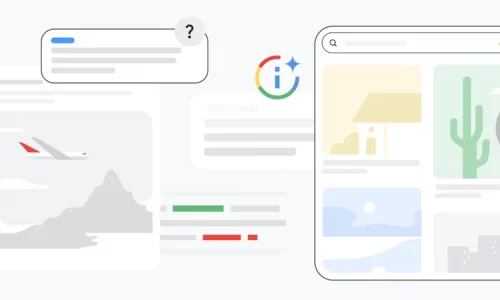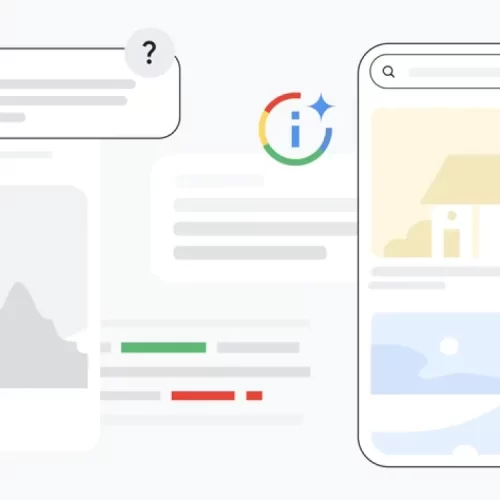While testifying at an antitrust trial, led by the Justice Department in Washington, University of Chicago professor Kevin Murphy revealed a key figure that drew a visible reaction from Google’s main litigator, John Schmidtlein.
This newly revealed figure refers to the revenue sharing agreement between Google and Apple. It was revealed that Apple gets 36% of the advertising revenue whenever an iOS device user searches through Safari.

Understandably, both Google and Apple have resisted releasing details of their deal. Google argued in a court filing that disclosing more information “would unreasonably undermine Google’s competitive position in relation to competitors and other contracting parties.” The discovery is a focal point in the ongoing investigation into their partnership, established in 2002, which made Google the default search engine on Apple’s Safari – an essential aspect given the widespread use of iPhones in the US.
Implications of the Google-Apple partnership
Google’s annual payments to Apple exceed $20 billion and serve as the financial backbone of its status as the default search engine on Apple’s Safari browser. This large amount, which accounts for over 10% of Apple’s profits, underlines the significant financial advantage that results from the mutual collaboration.
Beyond the immediate financial benefits, there are concerns about potential anti-competitive behavior. The trial suggests that Google’s payments could hamper the growth of other search engines. By cementing its role as Safari’s default search engine, Google could prevent competing search engines from gaining traction and, as a result, it will limit user choice.

Impacts on market dynamics
The revelation of the revenue sharing percentage sheds a ray of light into the inner workings of these tech giants, offering partial insight into the complexity of their relationships and broader implications for the tech world.
The implications and revelations of the Google-Apple partnership trial have sparked discussions about the future of search engines and browser defaults. Potential outcomes, including effects on the Information Services Agreement between Apple and Google, could reshape the dynamics of default search engine arrangements across platforms.
The complex alliances and financial entanglements in the technology industry extend far beyond financial considerations, affecting market competition, consumer choice and privacy. The ongoing trial and disclosures about the Google-Apple partnership provide insight into the often opaque world of alliances in the tech industry, raising deep questions about the power dynamics, market influence and ethical considerations inherent in the tech giants’ operations. This highlights the need for robust regulatory frameworks and vigilant oversight.

The Justice Department is investigating whether this agreement contributes to Google’s alleged illegal maintenance of dominance in the search engine and search advertising markets. So far, Apple has not made an immediate comment, and Google has also chosen to refrain from commenting on the matter.













